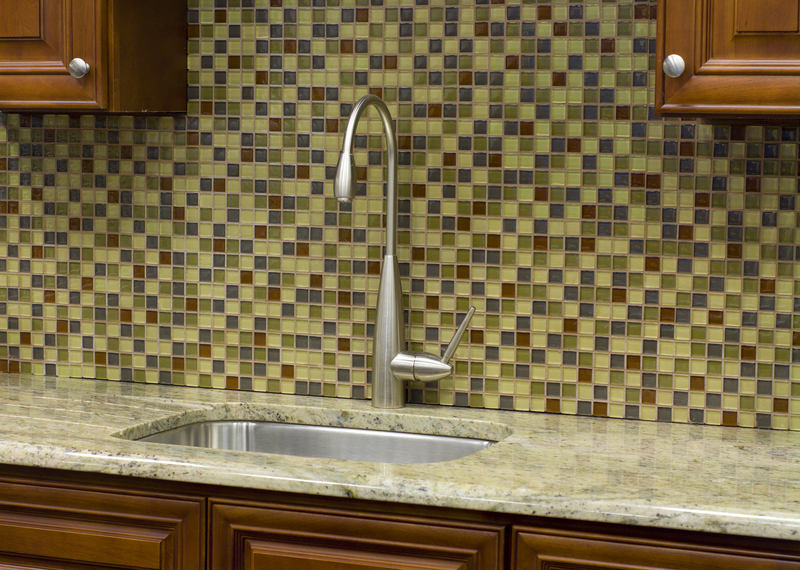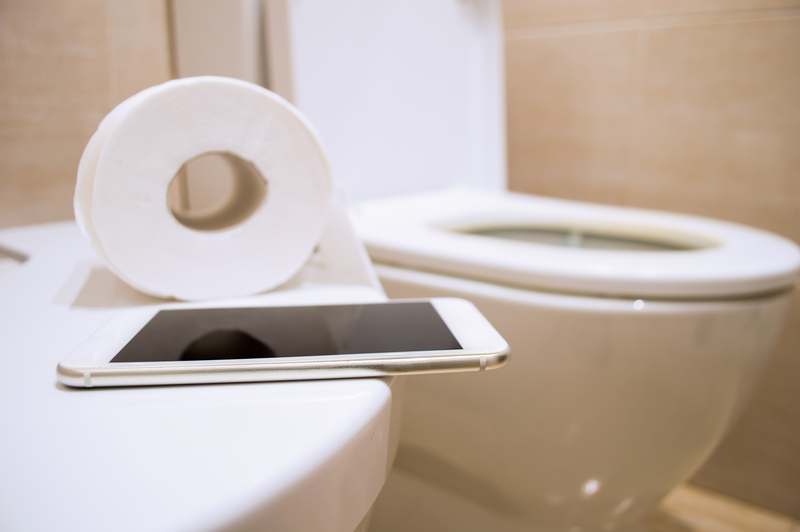Maximising Your Rental Deposit: A Comprehensive Guide to Preparing Your Home for Inspection
Posted on 24/07/2024

If you are currently renting a property, the last thing you want to worry about is losing your rental deposit. Most landlords require a security deposit to be paid upfront, and it can often equate to one or two months' worth of rent. This deposit acts as a form of protection for the landlord in case any damages occur during your tenancy.
When it comes time for your tenancy to end, your landlord will conduct a thorough inspection of the property to assess any damages or cleanliness issues. If they find any problems, they may deduct the cost from your deposit, leaving you with less than you expected. Therefore, it is essential to prepare your home for inspection to maximise your rental deposit's return. In this article, we will provide a comprehensive guide on how to do just that.
1. Clean and Tidy Your Home
The first step in preparing your home for inspection is to clean and tidy up every room. A clean and clutter-free house shows that you have taken care of the property during your stay. Start by decluttering all areas and throwing away any rubbish or unwanted items. Then, proceed with deep cleaning each room, including vacuuming carpets, wiping down surfaces, and cleaning windows.
Remember to pay extra attention to high-use areas such as kitchens and bathrooms, as these are often where most damages occur. Also, don't forget about the exterior of the property; make sure to sweep patios, mow lawns, and clean any outdoor furniture.
2. Check for Damages
Before your landlord conducts their inspection, take some time to go through the property and check for any damages that might need repairing. Look for any cracks on walls or ceilings, stains on carpets or floors, or broken appliances or furniture.
If you come across any damages, get them fixed before the inspection date. This not only shows good care of the property but also prevents your landlord from deducting money from your deposit to cover the costs.
3. Take Care of Repairs
In addition to damages, make sure all repairs are taken care of before the inspection. Leaky faucets, malfunctioning appliances, or faulty light fixtures should be fixed promptly. If you are unsure how to repair something yourself, contact your landlord or property manager for assistance. Taking care of repairs also ensures that there are no additional charges for these issues in the final inspection report.
4. Check Your Lease Agreement
It is crucial to review your lease agreement before preparing for an inspection. Look for any specific requirements related to cleaning or damages that need repairing. Some landlords have strict guidelines on how they expect the property to be left when vacating, and not following them could result in deductions from your deposit.
5. Document the Condition of the Property
Before you move out, make sure to document the condition of the property through photos or videos. This will serve as evidence if there are any disputes over damages or cleanliness during the final inspection. It is also a good idea to show these documents to your landlord during the inspection so that they can see that you have been honest about any potential issues.
6. Be Present During the Inspection
It is always best to be present during the final inspection. This way, you can address any concerns or questions your landlord may have and provide explanations for any damages that may have occurred during your tenancy. Being present also allows you to ensure that everything is checked fairly and transparently.
Tips:
- Start preparing for the inspection a few weeks beforehand, giving yourself enough time to make any necessary changes or repairs.
- Ask for a pre-inspection from your landlord or property manager a week before the final one so you can fix any problems they may find.
- Keep communication open with your landlord throughout your tenancy and let them know if any issues arise so that they can be addressed promptly.
Takeaways:
- Preparing your home for inspection can help you maximise your rental deposit and avoid any unnecessary deductions.
- Cleaning and tidying, checking for damages, taking care of repairs, and documenting the property's condition are all essential steps in preparing for an inspection.
- Being present during the final inspection allows you to address any concerns or questions and ensure a fair assessment.
Conclusion:
In conclusion, preparing your rental property for inspection is crucial to maximising your deposit's return. Follow these steps and tips to ensure that your home is clean, tidy, and free of damages before the final inspection. Remember to check your lease agreement and document the property's condition, as well as being present during the inspection. These efforts will not only increase your chances of getting your full deposit back but also leave a good impression on your landlord, making it easier to secure future rental properties.




